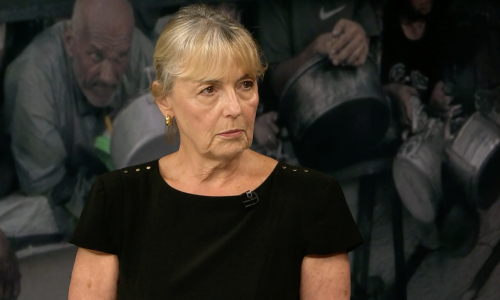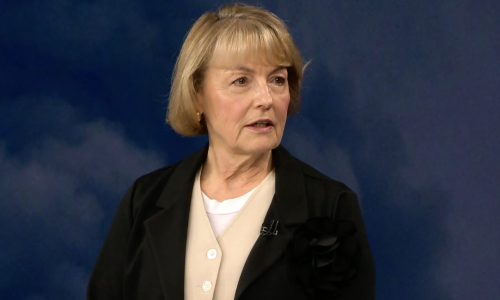The chair of the National Committee overseeing Croatia's accession negotiations with the European Union, Vesna Pusic, said on Thursday the European Commission was already using 1 July 2013 as the date of Croatia's accession and that the date was acceptable to all EU members, including the Netherlands, which the committee recently visited.
"We already know the European Commission has prepared joint positions in the 'Finance and Budgetary Provisions' chapter, with the assumption that 1 July 2013 will be our accession date," Pusic told the press.
She said the date was acceptable to all members, "although it hasn't been formally said and confirmed."
Pusic said her committee last week visited the Dutch parliament, which would vote on the completion of Croatia's EU entry talks this month. She described the visit to The Hague as especially important. "I hope we contributed to the Netherlands' adopting a decision which supports the possibility of completing the negotiations in June," she said.
Pusic said the opposition's vote would be necessary for the Dutch parliament to support the closing of the negotiations, because the party supporting the government might not vote for enlargement, "not because of its attitude towards Croatia, but because it's a eurosceptic party which objects to any enlargement."
Pusic was hopeful that tomorrow, the European Commission would approve the closing of the negotiations and forward negotiating positions for closing the four remaining open negotiation chapters.
Regarding possible monitoring for Croatia, Pusic said the Netherlands advocated a moderate version - regular reporting on the meeting of commitments between the completion of the negotiations and actual accession.
"The meeting of commitments isn't the only problem, but the fact that the ratification of the accession treaty takes a long time during which all kinds of political situations may occur in the member countries and this is the only reason to fear a possible radicalisation of the monitoring model."
Asked what Croatia's EU accession on 1 July 2013 meant in terms of pre-accession fund absorption, Pusic said there were two possibilities. Under the first, Zagreb could draw half the funds planned for 2013, namely EUR 700 million, and pay EUR 300 million into the common budget.
The second model was applied to Hungary, which formally joined the EU on 1 May 2004, but drew funds from the beginning of the year, Pusic said, estimating that something to that effect had already been said in the European Commission's draft negotiating positions.



































